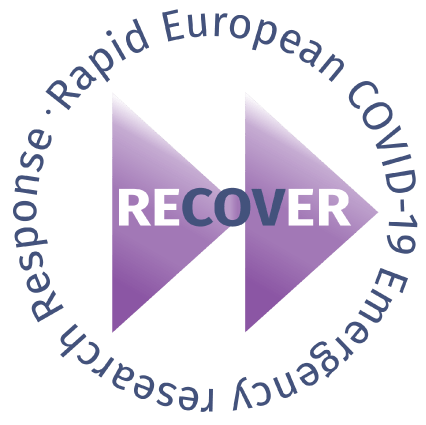What if one of your family members is infected with the COVID-19 virus? Do you have to take all kinds of measures to avoid contact with him or her, or does that not really matter? Patricia Bruijning, associate professor of epidemiology at UMC Utrecht, investigates how the coronavirus spreads within the family. She and her team are still looking for families who want to participate.
The transmission of the new coronavirus within families is an important factor in the spread of COVID-19. But it is not yet clear how this transmission takes place. More insight should be provided by the RECOVER Household Transmission Study (Dutch: CORONAthuis-studie). Principal investigator Patricia Bruijning: “We want to know, for example, whether different age groups in the family are infected earlier than others. Or why certain family members get infected, but do not get sick and others do. We also look at the extent to which family members apply isolation measures and what their effect is. Based on those insights, we are in a better position to advise people how to deal with an infected family member.”
The study started end of April in households where one of its members has been diagnosed with COVID-19. All participating households will take part in the study through the COVapp. This is a custom-made interactive app that guides participants on study activities, such as recording their symptoms on a daily basis. Household members are being asked to collect swabs on the 1st or 2nd day when they show the first respiratory symptoms. Samples are screened for SARS-CoV-2 and other respiratory viruses in the study laboratory. Blood will also be collected to test for antibodies against the novel coronavirus among the households. The study team will also interview household members to better understand how they are coping and how they are managing to implement recommendations that aim to prevent spread of infection within the home.
The research team is still looking for families who want to participate. Patricia Bruijning: “A family can participate if a family member has tested positive for the corona virus in the past 48 hours, if the other family members have not yet tested positive before and if the family lives in the Utrecht region. This could be the families of corona patients, but also, for example, of positively tested healthcare workers. I hope that we will have enough participants shortly to gain insights as soon as possible into how this virus spreads between family members.” Families who want to participate can call +31 6-11619229 immediately after a positive result or email CORONAthuis@umcutrecht.nl.
The Household Transmission Study is part of RECOVER Europe project and is funded by the European Union.
RECOVER (Rapid European COVID-19 Emergency Response Research) is selected for funding by the European Union (2020 – 2022) and originates from PREPARE to respond to the SARS-CoV-2 epidemic. It is positioned as PREPARE’s research response plan addressing the most urgent questions for patient and public health level interventions through a set of research response activities, combining: clinical studies in primary and hospital care; epidemiological studies and modelling; and clinical biological studies. RECOVER includes essential needs for preparedness and response and will inform future research response efforts to further strengthen Europe’s and global clinical research preparedness to future emerging infectious diseases.
